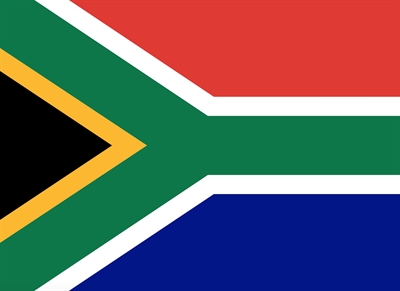South Africa - Human Rights Council - Equality and Non-Discrimination - September 2016
Country: South Africa
Issues: Bias and Discrimination, Economic, Social and Cultural Rights, International Advocacy, Minority Rights
Mechanism: UN Universal Periodic Review
Report Type: Stakeholder Report
The Advocates for Human Rights submitted a stakeholder report to the UN Human Rights Council for the 2017 Universal Periodic Review of South Africa. The stakeholder report addresses South Africa's treatment of Coloured people. Coloured people in South Africa are comprised of mixed-race individuals that evolved into a distinct ethnic grouping that makes up roughly nine percent of South Africa's population. Today, Coloureds are of varied ethinic backgrounds, but many directly descend from the KhoiSan people.
During South Africa's 2012 Universal Periodic Review, it accepted numerous recommendations to address discrimination of minorities and other vulnerable groups. However, South Africa has not implemented the accepted recommendations to address ongoing discrimination of Coloured people.
Coloured people in South Africa have faced discrimination for centuries, and current laws continue to discriminate against Coloured people. In particular, laws addressing economic, social and political rights with respect to employment, housing and the right to freedom of expression are discriminatory.
Current legislation provides state support for affirmative action policies. However, Coloured people are often disadvantaged because employers are encouraged to hire proportionally to the "demographic profile of the national and regional economically active population." Many municipalities, especially areas of the Western Cape region, have a higher percentage of Coloured people than the national population. Thus, when employers use national statistics or wide regional areas to set employment targets, Coloured people are disadvantaged and underrepresented.
Coloureds are also disproportionately without adequate housing. State efforts to improve housing and living environments have often bypassed areas with large Coloured populations.
State-funded media in South Aftrica also underrepresents Coloured people. While a considerable amount of programming is specifically designed to appeal to and represent other ethnic groups, programming is disproportionately limited with respect to the size of the Coloured population in South Africa. The denial of equal access to state-funded media for Coloured people violates the Right to Freedom of Expression under Article 19(2) of the International Covenant on Civil and Political Rights.
The stakeholder report makes various recommendations. Among these are a data tracking system that tracks the number of Coloured people hired into jobs, the unemployment rate of Coloured people, the amount of Coloured people laid off or retrenched, the number of new businesses created in Coloured townships and the number of applications for housing submitted by Coloured people and how many were placed. In all of these indicators, the Coloured population should be compared to other ethnic groups. In addition, the term, "regional," should also be defined to fairly represent the population in the general vicinity of the intended employment. An investigation into discrimination in subsidized housing should be modified to commensurate with the needs of the Coloured community and the disproportionately high percentage of Coloureds living in poverty. The government should also invest in cultural education films to be used in schools nationally and ensure that state media creates a long-term strategy to include Coloured people and programming into television and radio productions.




